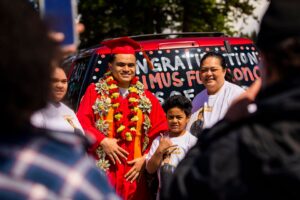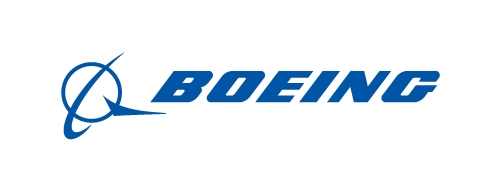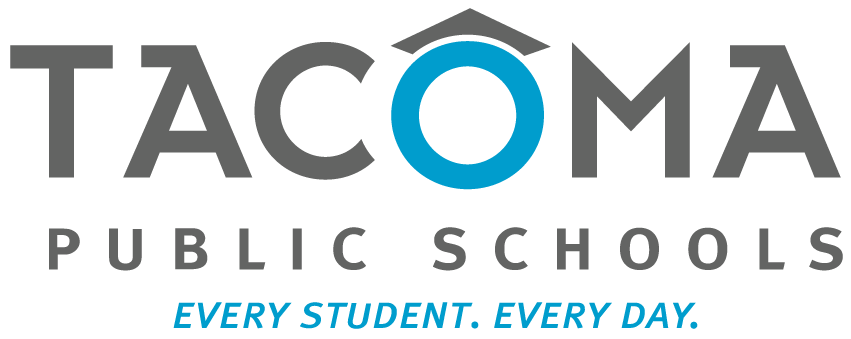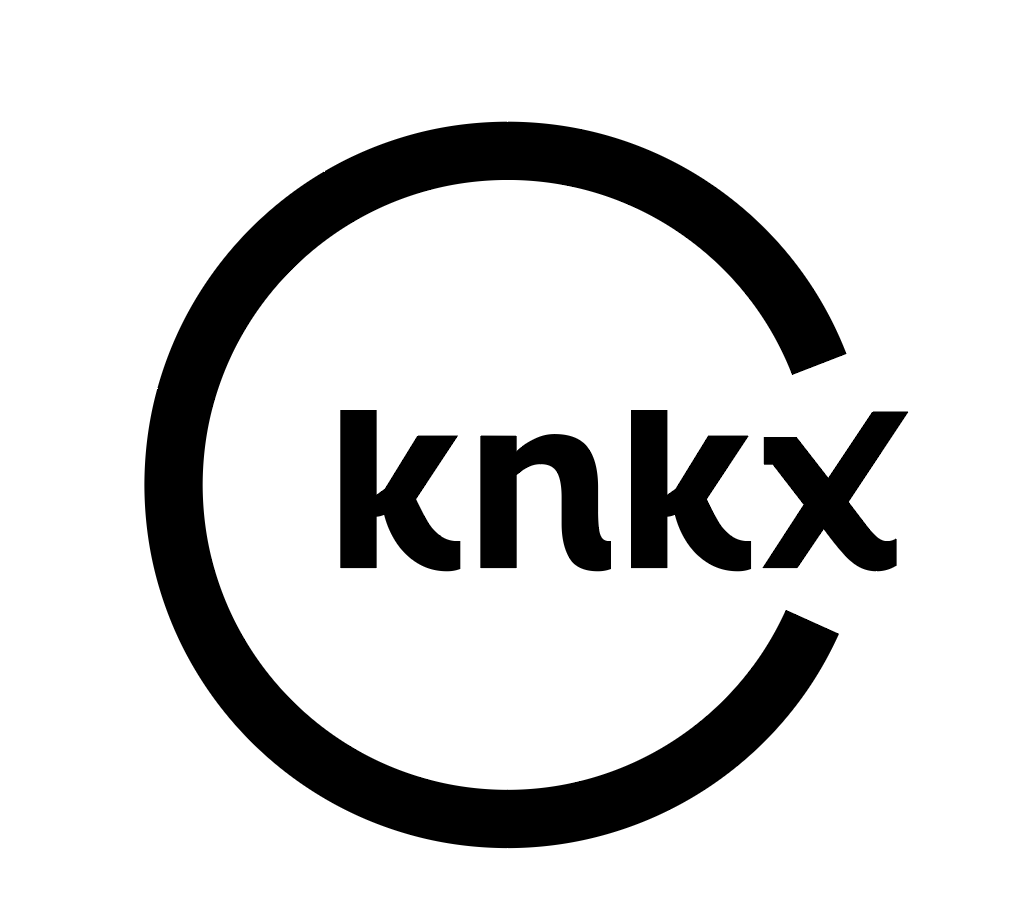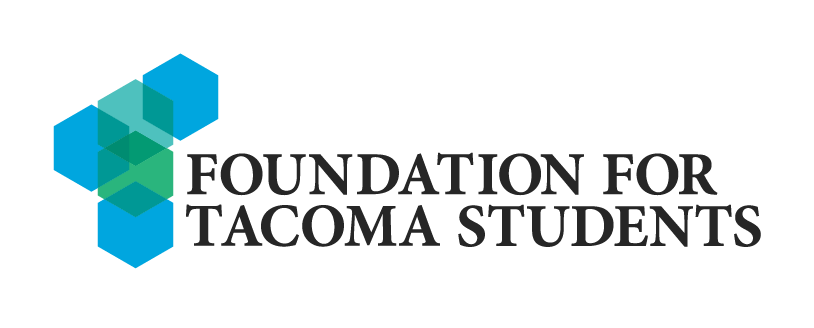Children’s growth doesn’t begin and end with the school day.
For many foster youth, homeless youth, youth involved in the justice system, low-income youth, and children of color, community organizations provide vital, holistic support of their academic, social, behavioral, and emotional growth outside their experience in the K-12 system.
Programs providing this holistic support include mentoring, social-emotional learning, behavior development programs, play-based learning, experiential learning, creative expression, childcare, and more.
Partnerships between schools and community-based organization include use of buildings, data sharing, funding, planning and coordination, technology access, and more.
Preserving existing funding streams for these programs and partnerships is necessary to maintain the holistic, whole-child support some of our state’s most vulnerable students receive – both during the growing COVID crisis and beyond.
In recent months, CBO’s have seen significant cuts to funding at the same time that they have been asked to meet unprecedented challenges in serving their historically underserved communities.
This fall, Graduate Tacoma conducted monthly surveys of our CBO partners, receiving about 40 responses per month.
Over half of respondents identified funding as a challenge for their organization and nearly a quarter identified funding as the top challenge for their organization. Our CBO partners also identified operationalizing virtual programming and meeting the mental health needs of the populations they serve as their other most pressing challenges. Roughly a third of respondents said they are seeing an increase in demand for their services at this time.
CBO’s have rapidly adjusted to COVID restrictions while also expanding their original scope of work to support the community with basic needs, online-learning, and providing full-time child care all while facing funding challenges.
Protecting funding streams for vital youth development programs offered by community-based organizations is essential both to supporting students furthest from opportunity during the COVID crisis and to an equitable post-COVID economic recovery.



